The top female lawyers in India who have created impact by serving the nations and contributing towards constitutional law and human rights are Meenakshi Lekhi, Anitha Shenoy, Vrinda Grover, Karuna Nundy.
Table of Contents
Meenakshi Lekhi, Anitha Shenoy, Kamini Jaiswal, Flavia Agnes, and Mishi Choudhary are some of the top female lawyers in India. These women have overcome adversity to establish themselves as some of the most successful law professionals who have contributed to the nation's legal system.
Their accomplishments show that women can also equally succeed in the legal system and compete on an equal footing with their male counterparts.
The achievements of these remarkable lawyers demonstrate that glass ceilings may be broken even though women still encounter obstacles in the male-dominated Indian legal system. Check out the complete list of the best female lawyers in India mentioned below.
Top 10 Female Lawyers in India
To inspire upcoming generations of women to reach their full potential and set goals, the important information of these top female lawyers in India ought to be recounted.
The educational background and notable cases of the top 10 female lawyers in India are listed below:
1. Meenakshi Lekhi
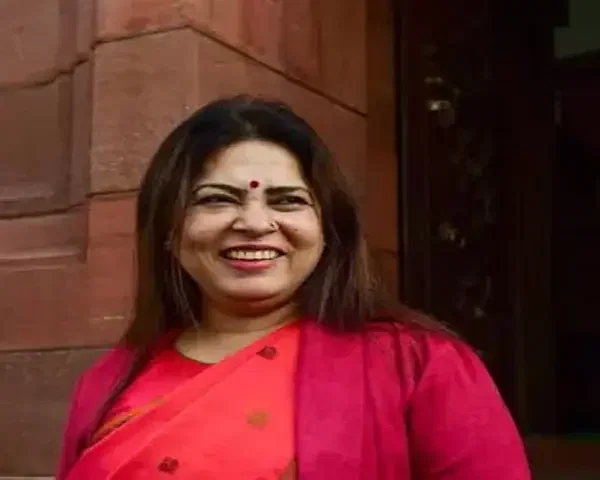
Education Background: Meenakshi Lekhi is a lawyer and she is also serving as a Lok Sabha Member of Parliament (MP). She graduated from the University of Delhi with a law degree and then she concentrated on constitutional law and human rights during her studies. She is one of the popular female lawyers in India.
Notable Cases: She has been a strong supporter of laws intended to the safety and rights of women, as well as a passionate supporter for women's empowerment.
- Meenakshi Lekhi has taken an active position in legislative deliberations and debates on a range of national topics. She has made a strong understanding of governance and legislative reforms.
- She joined the Lok Sabha in July 2016 and was appointed as Chairperson of the Committee on Privileges. She is also a current member of the Standing Committee on Urban Development, the Committee on Personnel, the Law & Justice Committee, the Consultative Committee of Commerce, and the Committee on Housing.
2. Anitha Shenoy
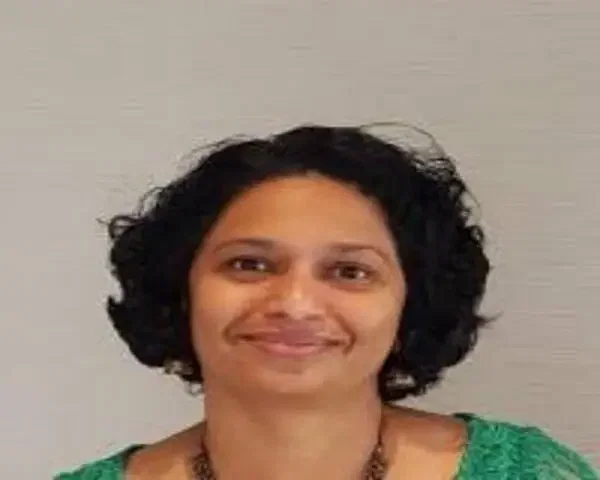
Educational Background: Anita Shenoy graduated from Indian law school with a focus on corporate law and business operations. She has also completed a postgraduate degree in Law and received instruction in international arbitration and law.
Notable Cases: Anitha Shenoy has handled a large number of international firms as well as Indian businesses in intricate business deals, such as joint ventures, mergers, and acquisitions. She has experience in a number of industries, including telecommunications, banking, and technology. Anitha Shenoy is one of the famous female lawyers in India.
- In addition to transactional work, Anitha Shenoy's litigation practice is robust and, she has dealt with situations concerning intellectual property rights, corporate disputes, and contract disputes.
- In 1995, she began working as a Junior Associate at the renowned legal office of Indira Jaising. Shenoy's career began when she worked with the Women's Rights Initiative's Legal Aid Cell, which helped more than 100 victims of domestic abuse receive legal representation in a single year.
3. Kamini Jaiswal
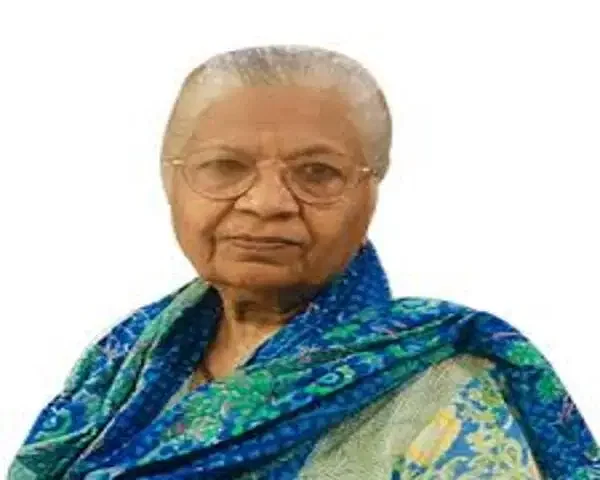
Educational Background: Kamini Jaiswal has a law degree from University of Delhi . She continued her education after that and completed her specialising in human rights and constitutional law. Kamini is another well-known female lawyers in India.
Notable Cases: She has taken on environmental protection cases, such as calls for the reduction of pollution and the advancement of sustainable development.
- She actively participated in other issues involving women's rights, domestic abuse, and gender discrimination.
-
She and Prashant Bhushan appeared in the Supreme Court for a PIL on the 2G case, which was brought by the NGO Centre for Public Interest Litigation (CPIL). Jaiswal is a member of the Committee on Judicial Accountability, a group of distinguished Indian lawyers that strives to increase judges' accountability.
4. Flavia Agnes
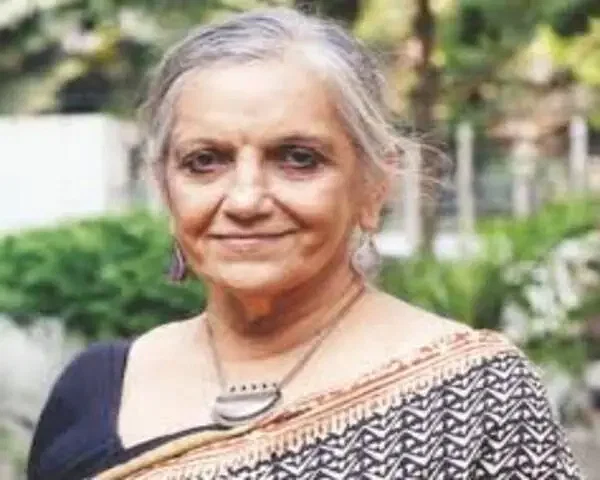
Educational Background: Flavia Agnes is a well-known feminist lawyer from India and an activist for women's rights. She completed her education at the Government Law College in Mumbai, India.
Notable Cases: Flavia Agnes is one of the female lawyers in India. She had a significant influence on the legal conversation about topics including child custody, marital rights, and domestic abuse.
- She is one of the co-founders of MAJLIS, a centre for legal and cultural resources that helps women and children in need, especially those from underrepresented groups.
- Agnes has been a strong supporter of changing discriminatory laws and practices that impact women's rights in India through her work.
5. Mishi Choudhary
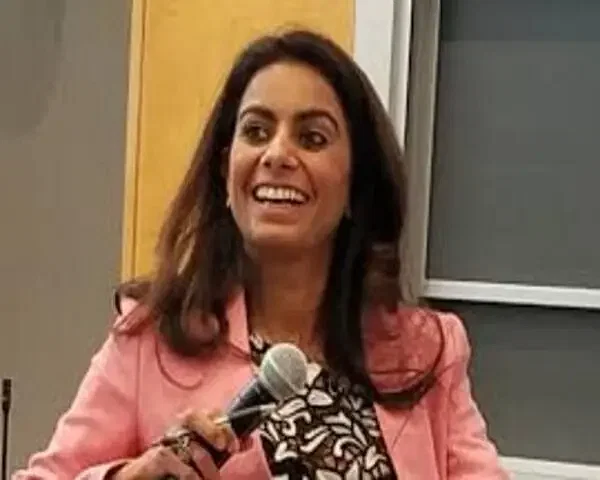
Educational Background: Mishi Choudhary graduated with honours from the University of Delhi with a bachelor's degree in political science and an LLB.
She received a Master of Laws degree from Columbia Law School, where she was a Harlan Fiske Stone Scholar and served as the inaugural Free and Open Source Fellow of the Software Freedom Law Center. She is regarded as one of the best female lawyers in India.
Notable Cases: Online free speech and free software are two of the most significant legal practice issues that she aims to defend.
- Her firm, Software Freedom Law Center, advocates for software freedom in India and represents some of the top free software developers worldwide, such as The Apache Software Foundation and OpenSSL.
- In the Shreya Singhal v. Union of India case, Mishi Choudhary played a key role in the Supreme Court's historic decision to declare Section 66A of the Information Technology Act illegal.
Also Read: Steps to Become a Lawyer
6. Malavika Rajkotia
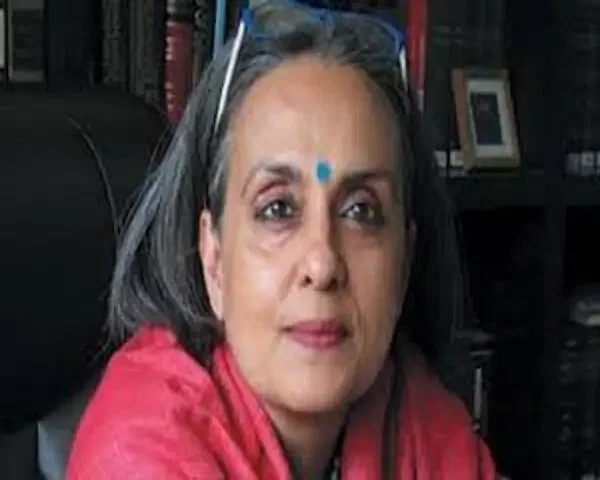
Educational Background: Malavika Rajkotia attended the Dehradun Welham Girls' School and is one of the well-known female lawyers in India. She studied political science for her bachelor's degree at Lady Shri Ram College in New Delhi before attending Campus Law Center, University of Delhi, to obtain her legal degree.
Notable Cases: Rajkotia has argued for a reading of family law that recognizes marriage as a more contractual arrangement rather than a sacred institution since a person's right to leave a marriage for a valid reason cannot be negated by the sacredness of marriage.
- Despite the fact that there is more voyeuristic interest in celebrity cases, Rajkotia, who has handled many cases involving celebrities, claims that the procedures are the same as in any other case.
- She has argued against the idea that family law is a "soft law," contending that it is an extraordinarily complicated topic with the power to transform society at its core.
7. Sana Raees Khan
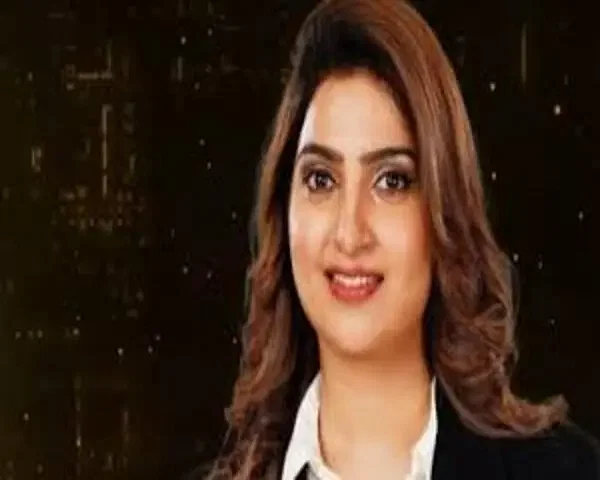
Educational Background: Sana Raees Khan has completed her LL.B. and an LL.M from University of Mumbai.
Notable Cases: Sana Raees Khan experience defending well-known and significant engagements in historic cases has demonstrated her aptitude for the law and my belief that it can be used to effect positive change.
- In order to make legal issues more approachable outside of the courtroom, Sana discuss social concerns in media and documentaries.
- Her commitment to justice and the profound effects that legal decisions have on individuals and society is reinforced by my faith.
8. Rebecca Mammen John
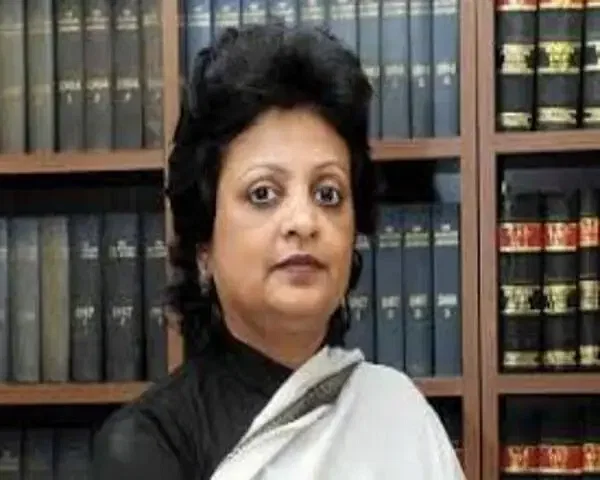
Educational Background: Rebecca Mammen John studied law at the Faculty of Law, University of Delhi. She is one of the prominent female lawyers in India.
Notable Cases: She defended Indian Communist writer and political activist Kobad Ghandy in 2012 against accusations brought against him under the Unlawful Activities (Prevention) Act. The charges against him were dropped.
- She acted as the Indian cricketer Sreesanth's attorney in the 2013 Indian Premier League spot-fixing and betting case, which resulted in his release.
- She has also defended Nupur and Rajesh Talwar in a well-publicized 2008 case in which they were charged with killing both their daughter Aarushi and a domestic helper named Hemraj. In the end, the Allahabad High Court cleared both of the charges.
9. Vrinda Grover
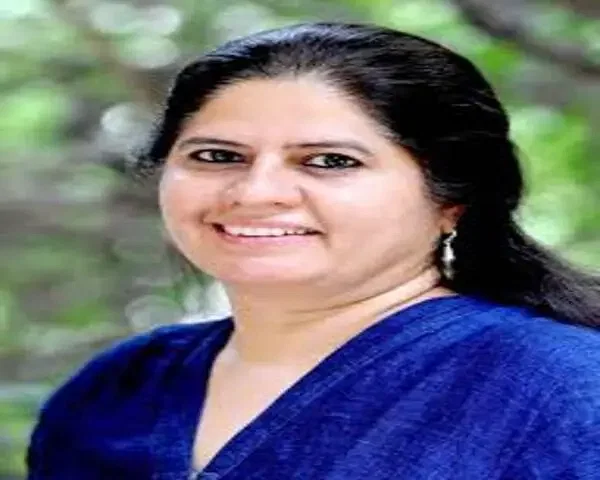
Educational Background: Another top female lawyers in India is the Vrinda Grover who studied history at St. Stephen's College in Delhi, where she received her diploma. She graduated from Delhi University with a law degree and from New York University with a master's in law.
Notable Cases: Grover has represented victims in well-known instances like the 2008 anti-Christian riots in Kandhamal, the 1984 anti-Sikh riots, the 1987 police killings in Hashimpura, the 2004 Ishrat Jahan case, and the Soni Sori rape-torture case.
- She helped develop the 2013 Criminal Law Amendment, which made sexual assault illegal; the Protection of Children from Sexual Offenses Act, 2012; and the Prevention of Torture Bill, 2010, which included safeguards against targeted and communal violence.
- She represented one of the principal suspects, S.A.R. Geelani, in the 2001 Parliament Attack case.In the wake of the 2013 Muzaffarnagar Massacre, she stood in for seven survivors of communal violence gang rapes.
10. Karuna Nundy
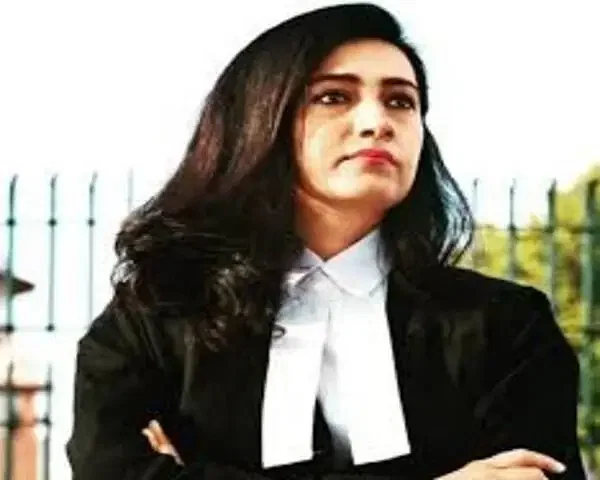
Educational Background: Karuna holds degrees in law from the University of Cambridge, economics from St. Stephen's College, Delhi University, and LL. M. from Columbia Law School. She is one of the top female lawyers in India.
Notable Cases: Indian attorney Karuna Nundy serves as a Senior Advocate on the Indian Supreme Court. She is a dual-qualified attorney from New York and India, and the Indian Supreme Court named her a Senior Advocate.
- Several noteworthy issues she has worked on behalf of Paytm include enforcing blockchain regulations against large telecom firms and supporting a lawsuit that resulted in damages being obtained for a disability rights activist against SpiceJet.
- She also participated as one of the attorneys in a case involving limitations on free expression on the internet, which involved platform liability and website blocking concerns. She has also contributed to the efforts to provide the victims of the Bhopal gas tragedy with clean water.
Also Read: Steps to Become a Judge
History of Women in Law in India
The history of Indian women in law make substantial contributions to the legal field such as Gargi and Maitreyi are respected for their legal and scriptural expertise, even though their positions were typically advisory in family and social settings.
- A few trailblazing women were able to study law overseas and support domestic legal reforms. The first Indian woman to practise law in both India and Britain was Cornelia Sorabji.
- Sorabji overcome significant obstacles, such as prohibitions on women's legal education, to promote women's rights and assist marginalised women in obtaining justice.
- Hansa Mehta was a member of the Drafting Committee for the Indian Constitution, which was primarily designed by B.R. Ambedkar. Her efforts were crucial in establishing provisions for gender equality and forming fundamental rights.
- As the first female judge in India, Justice Anna Chandy presided over the Kerala High Court beginning in 1959. Her nomination represented a significant advancement for the judiciary and encouraged a new generation of women to go into law.
- Indira Jaising is well known for her support of gender justice and women's rights. She influenced policy and legal debate as the first female Additional Solicitor General of India, championing historic cases and changes.
Also Read: Top Government Law Colleges in India
Rise of Female Lawyers in India
The current status of women in Indian law is a monument of tenacity and willpower. The contributions of intellectuals to contemporary advocacy have influenced social standards and legal doctrine. Let us check out the rise of female lawyers in India.
- The first female student of Bombay University's law school, Mithan Tata Lam, went on to become one of the first female advocates in the Bombay High Court. Even now, people honour her contributions to social justice and constitutional law.
- When Justice Fathima Beevi was appointed to the Supreme Court of India in 1989, she broke stereotypes and opened the door for women to hold more significant positions in the court.
- Menaka Guruswamy gained international acclaim for her advocacy in the landmark case that led to the decriminalisation of homosexuality in India. Her legal expertise and commitment to human rights continue to inspire aspiring lawyers.
- Karuna Nundy, is known for her work in constitutional law, gender justice, and corporate accountability. She has been instrumental in advocating for legal reforms and challenging societal norms through her legal practice and activism.
Also Read: Top Private Law Colleges in India























POST YOUR COMMENT